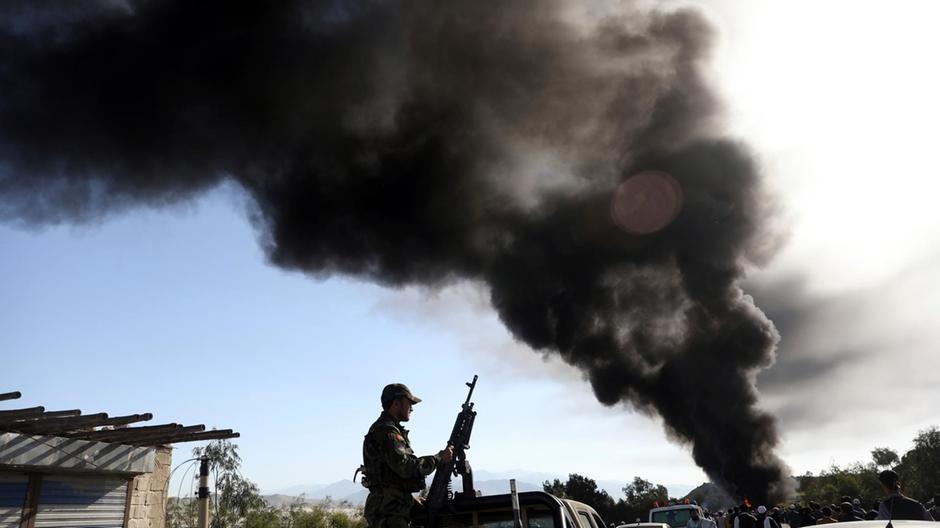The official announcement of the upcoming withdrawal of US troops from Afghanistan has put India on edge, raising fears that a power vacuum could destabilise the region.
The deadlocked peace process with the Taliban and the growing geo-political uncertainty in the region have set alarm bells ringing in New Delhi, where stability in Afghanistan is seen as crucial to the security of the subcontinent.
Tensions with neighbouring Pakistan, a firm supporter of the Taliban which India has accused of backing several insurgent groups targeting it, have risen amid fears that the US military withdrawal could allow extremism to flourish.
“Our concern is that the vacuum that will be created by the withdrawal of the United States and Nato should not create space for disruptors,” Bipin Rawat, the Indian chief of defence staff, told a security conference last week.
US President Joe Biden announced this month that all US forces will be withdrawing from Afghanistan by September 11. The other Nato forces followed suit and also announced their intention to withdraw with the US.
The decision follows the agreement made with the Taliban by the previous US administration last year, albeit with a five-month delay in the withdrawal deadline, which has upset the Taliban leadership, prompting them to withdraw entirely from the peace process.
The Taliban, in response, have threatened to escalate violence if the foreign troops did not leave by the previously agreed May 1 deadline.
They also announced that they would not be attending the intra-Afghan talks scheduled in Istanbul for later this month, pushing the already-delayed peace process into rocky waters.
India and Pakistan have been divided over Afghanistan for decades.
Pakistan, largely through its feared intelligence agency, the ISI, backed the Taliban movement as it rose to power in the late 1990s, while India supported the Northern Alliance, a loose coalition of anti-Taliban fighters and warlords based in northern Afghanistan.
India’s support for the Northern Alliance was particularly strong during the years of Taliban rule, from 1996 to 2001, when it supplied weapons and equipment to the faction as it fought the Taliban for territory.
In a thinly veiled criticism of Islamabad, Indian Foreign Minister Subrahmanyam Jaishankar said Afghanistan’s neighbours “have very often played a negative role”.
“The neighbours also need to lay off Afghanistan and let the Afghan people do what is in their best interest,” he said at the Raisina Dialogue.
Read full report on The National
